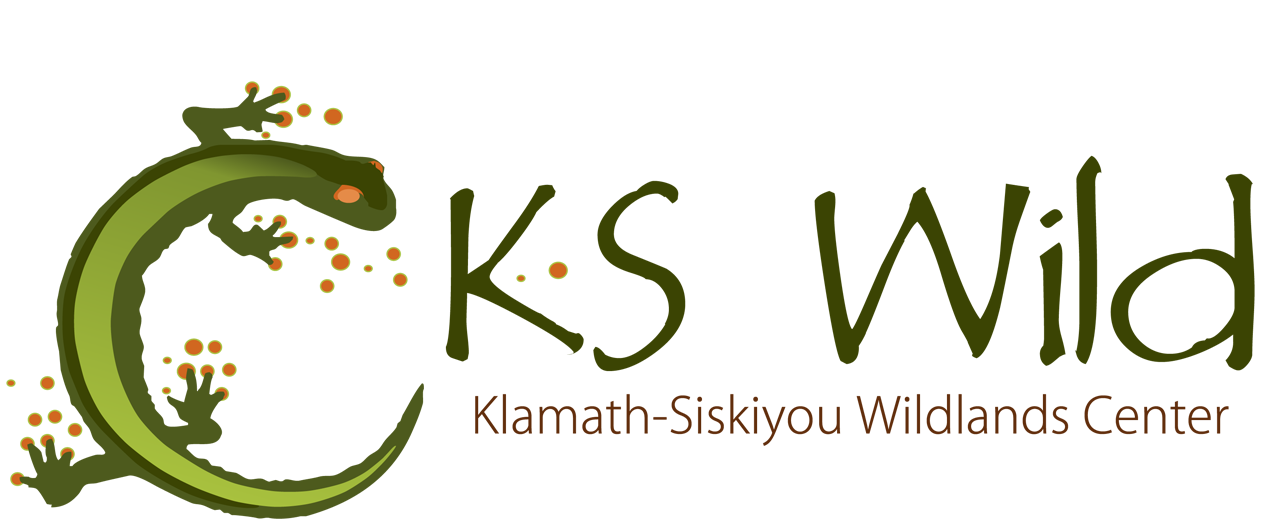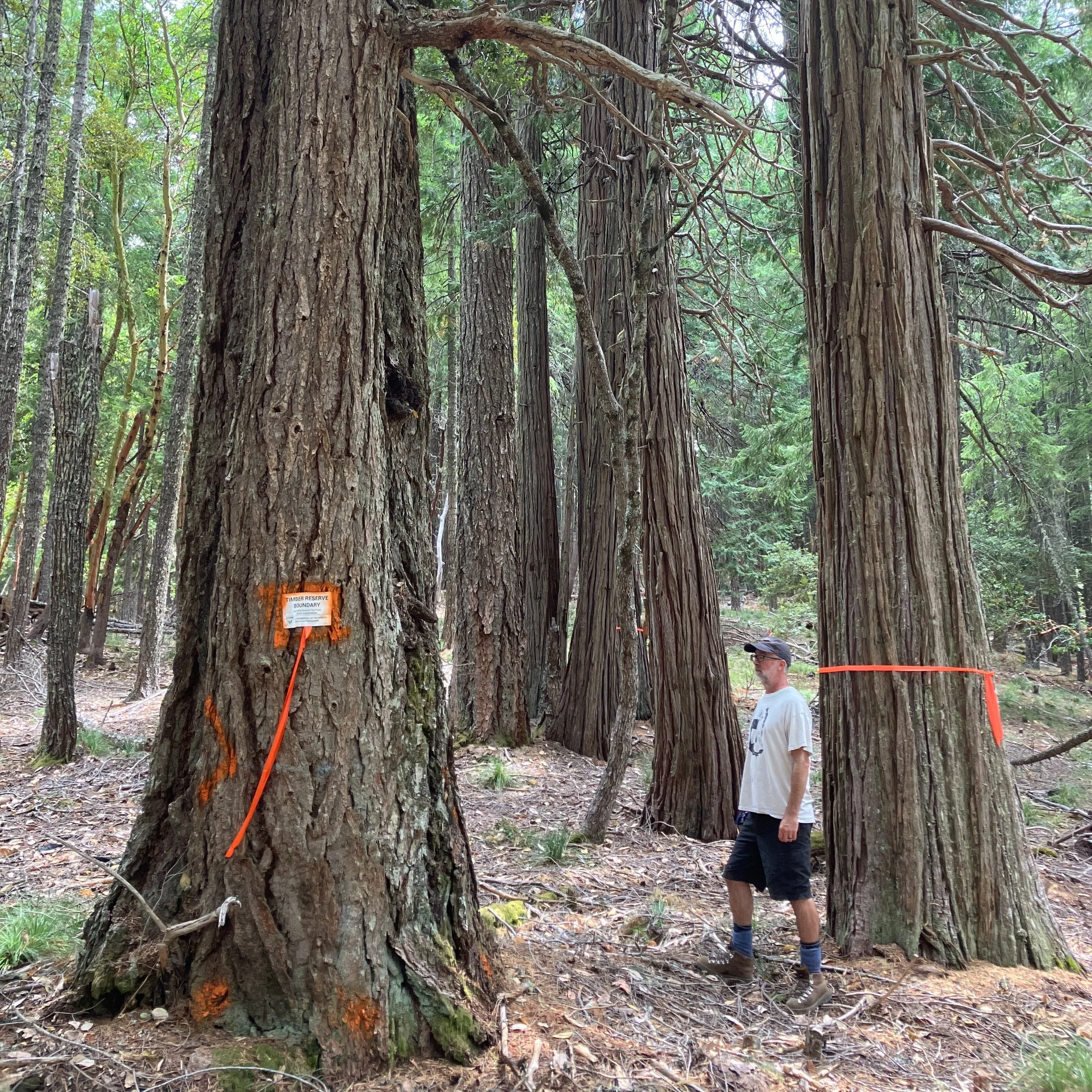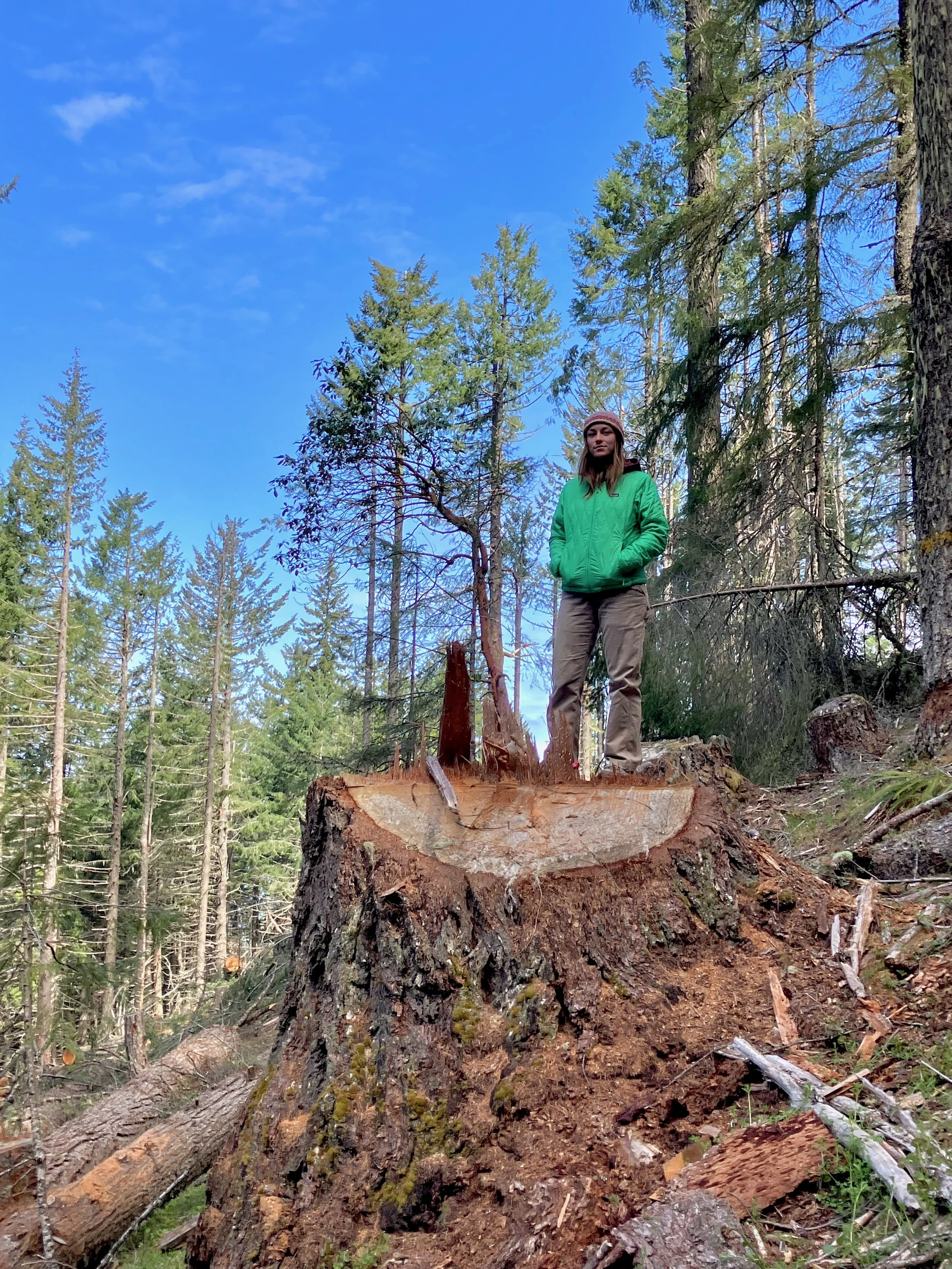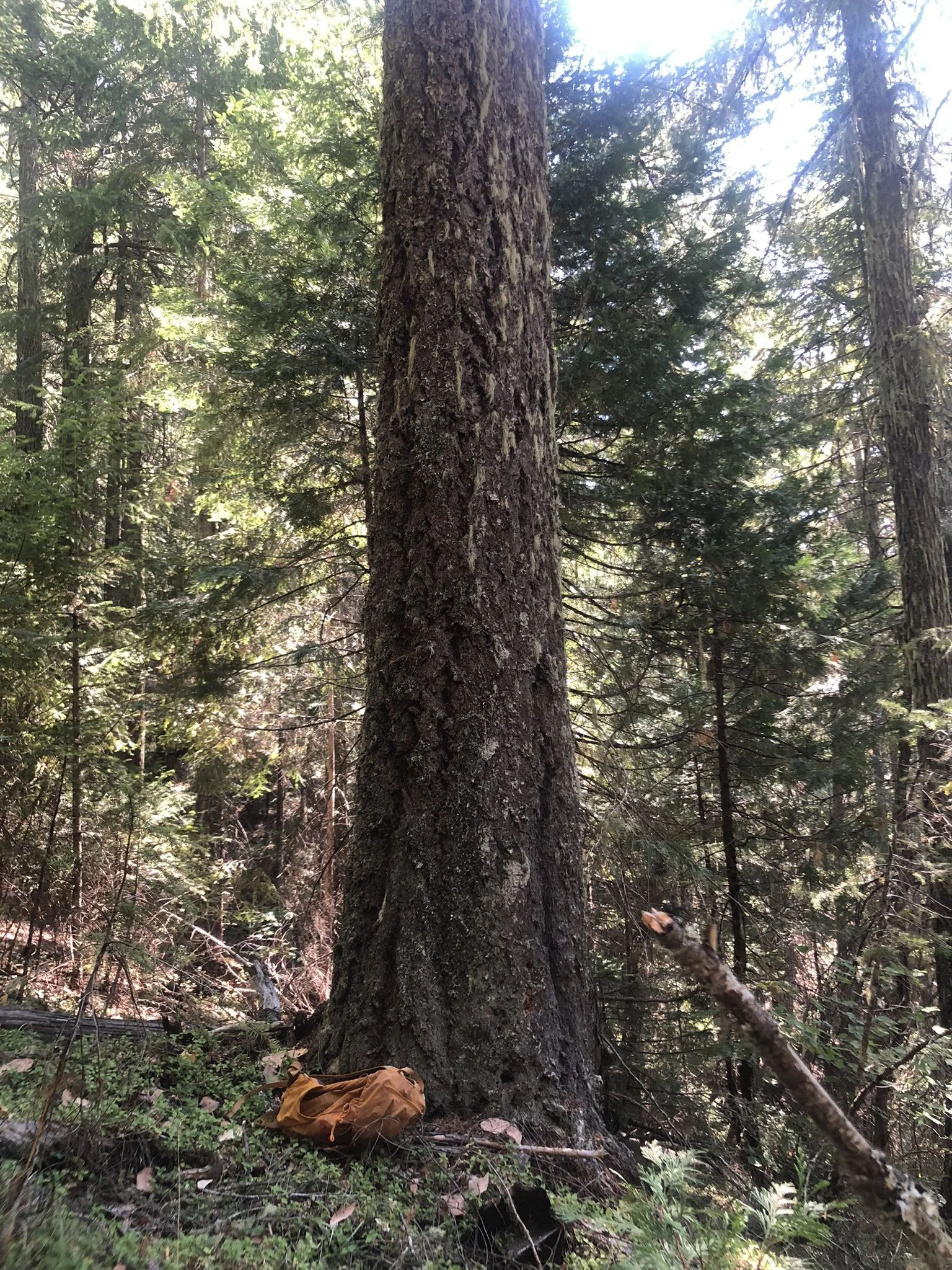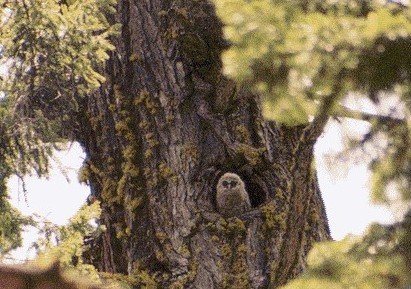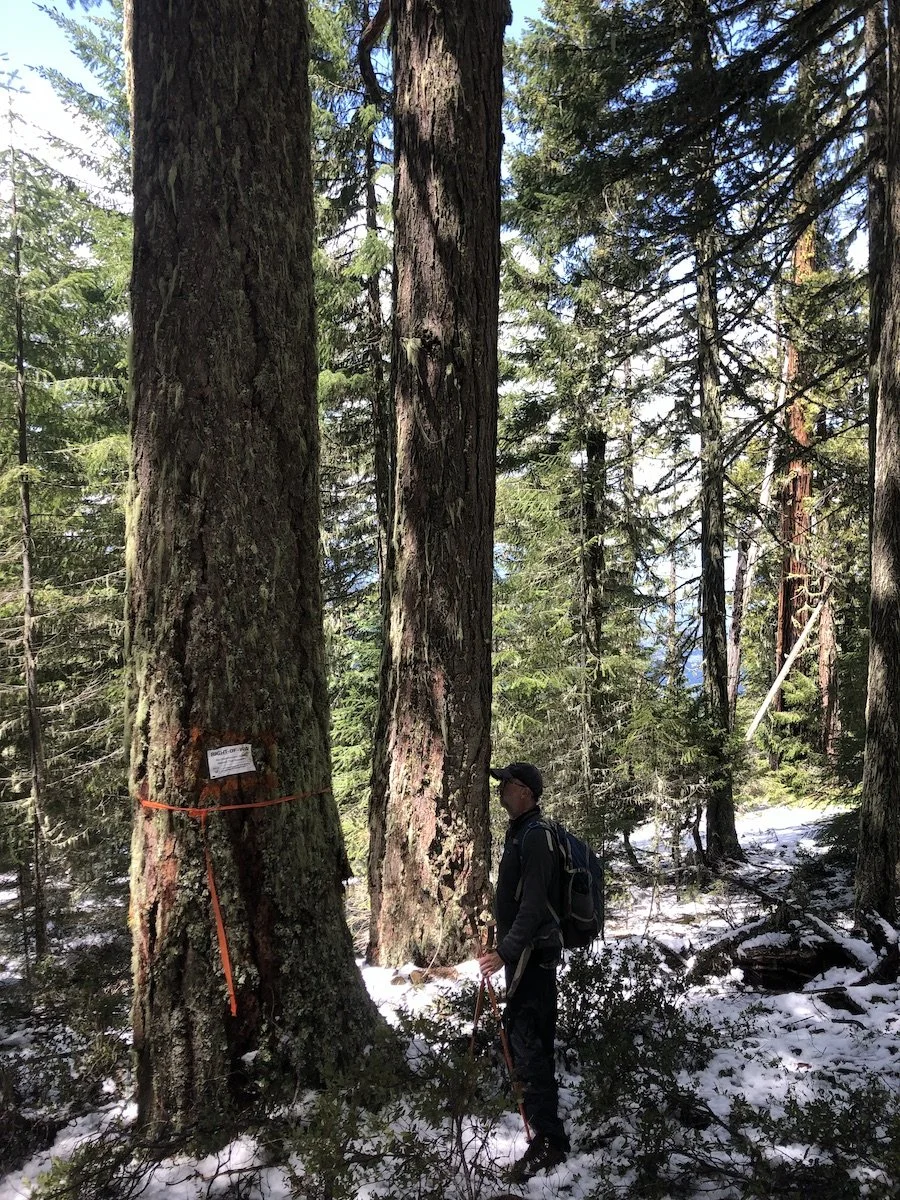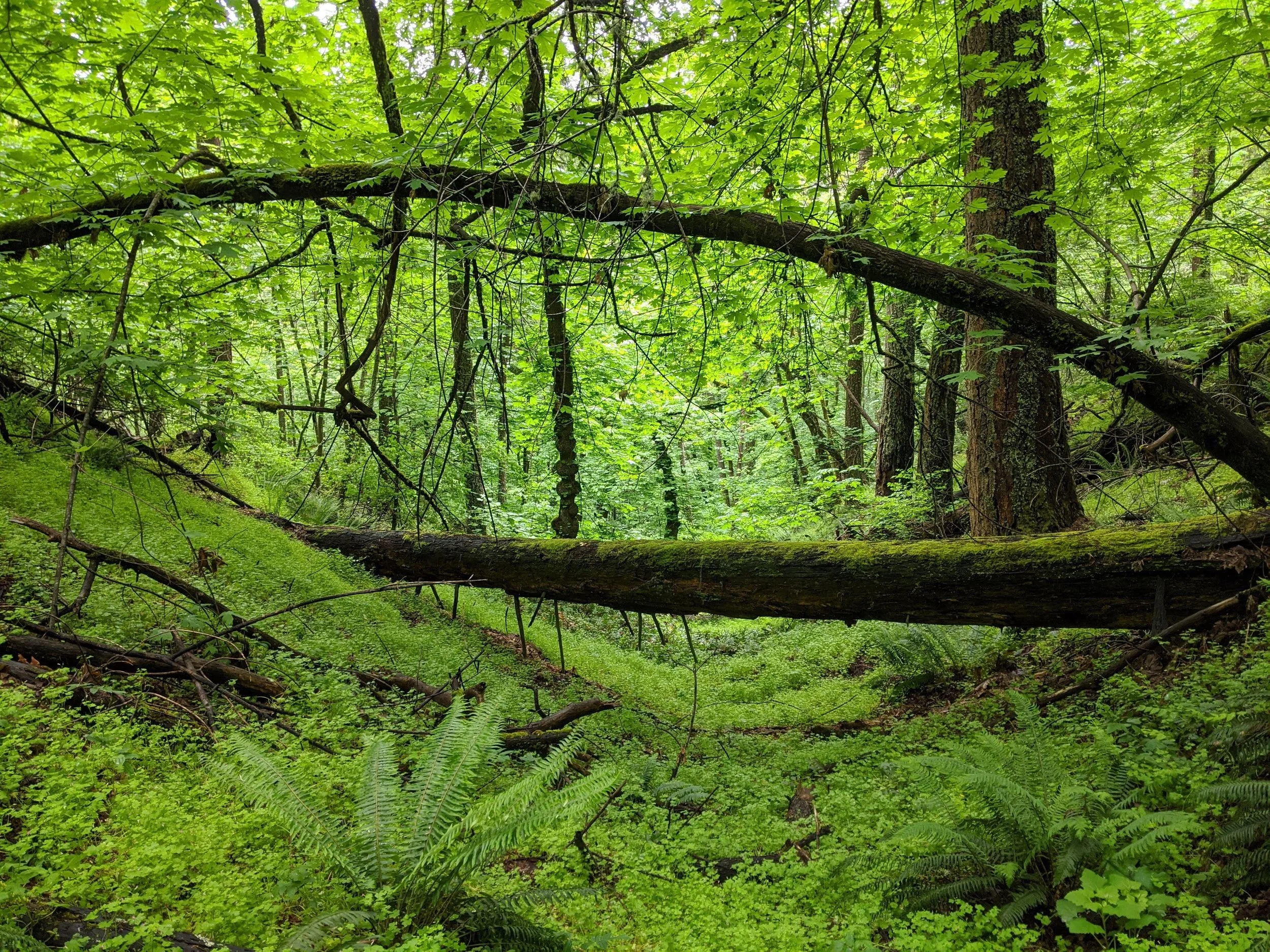The Medford District Bureau of Land Management's old-growth logging program is relentless and uncompromising. Currently, the 8,150-acre "Last Chance" timber sale calls for logging most of the remaining mature and old-growth forests in the foothills between Sunny Valley and Galesville. Click to learn more.
Read MoreLast week, I ventured into the field with George, our Conservation Director, to groundtruth a Medford District Bureau of Land Management (BLM) timber sale called Mill Rat within the Poor Windy project just north of Grants Pass, Oregon. What we found was heartbreaking. Click to read the full field report.
Read MoreSerious barred owl encroachment on northern spotted owl habitat has led the US Fish and Wildlife Service to propose a management plan to right the dynamic. Read more about the need for the plan and what the implications could be if the situation is not addressed.
Read MoreThe Northwest Forest Plan is the largest, truly science-based forest and ecosystem management plan in the country, affecting 19 million acres of public lands across western Washington, Oregon, and northern California, and it’s getting an update. Learn more here.
Read MoreThe Medford District BLM Poor Windy Timber Sale allows logging on more than 15,000 acres, including cutting down 4,573 acres of mature and old-growth trees.
Read MoreFederal agencies such as the Forest Service and the Bureau of Land Management are legally required to consider public opinion. When you or your community join the decision-making process through contributing substantive public comments, you have the opportunity to influence the actions of the agency involved. Learn how to make comments on federal projects in this blog.
Read MoreThe US Forest Service and Bureau of Land Management (BLM) released the first ever national inventory of mature and old-growth forests. Want to know what this all means for the protection of forests in the Pacific Northwest?
Read MoreSome timber advocates within the Bureau of Land Management (BLM) simply cannot abide the idea that there are old-growth forests designated as protected on public lands, so they’ve designed a new program called “Integrated Vegetation Management” to target Late Successional Reserves for logging. Learn more about the IVM project in this blog.
Read MoreThe Forest Service is currently in the beginning phases of updating the Northwest Forest Plan, the first large-scale, bioregional forest plan incorporating conservation biology. We will be working with partners to ensure an updated plan reflects the current issues our forests face in the era of climate change. Read our Climate Program’s latest blog post about these critically important NFP updates.
Read MoreWhat is groundtruthing? How does it make a difference in the federal agencies’ logging plans? How can you get involved to ensure proper land management of your public lands? Read on to find out!
Read MoreThis October, KS Wild hosted our first ever Forest Defender Training Series to help community members learn how to advocate for our forests and take action to protect them through writing letters, LTEs, taking action on social media, and more.
Read MorePrescribed fire can have many benefits. It can reduce fine fuels, brush and small trees and reduce subsequent fire severity. It can help forests become more resilient in the face of climate change. Read more about prescribed fire policy at this KS Wild Blog Post .
Read MoreOld-growth forests are dominated by ancient trees and have been shaped by natural processes over the course of hundreds of years. There are several types of old-growth forests throughout the Pacific Northwest marked by dynamic ecosystems supporting biodiversity that relies on the unique environment created only in these ancient forests. Learn more about what features make an old-growth forest.
Read More